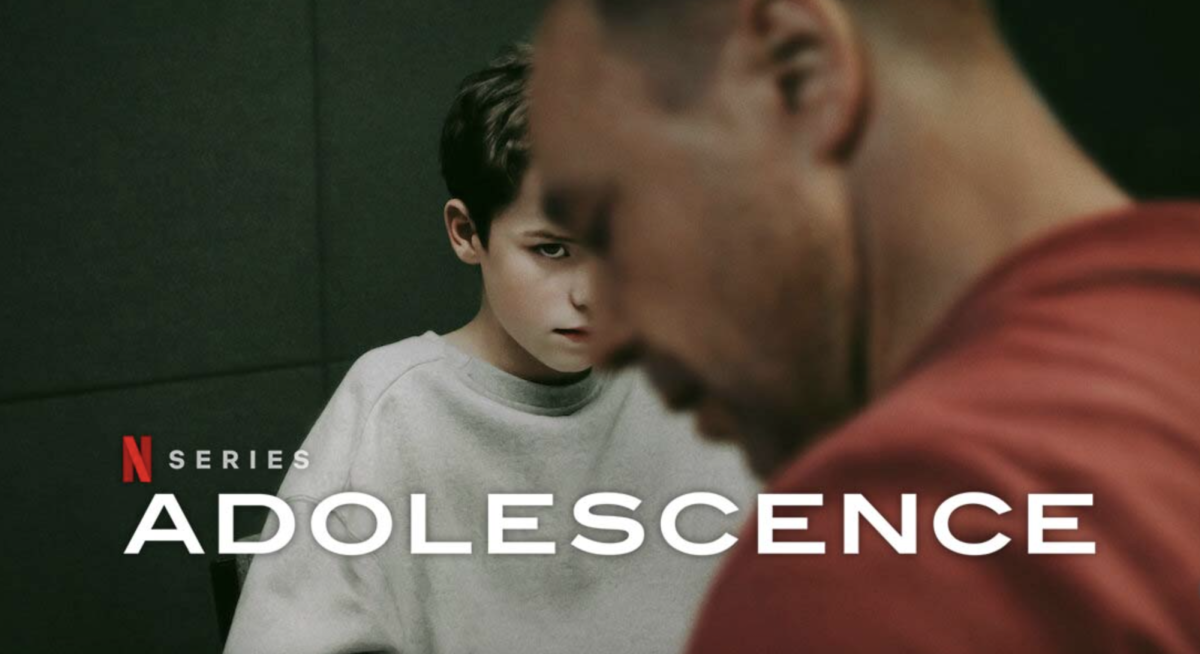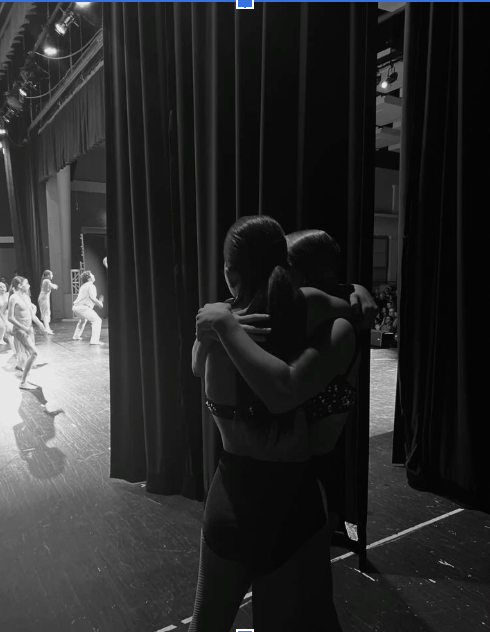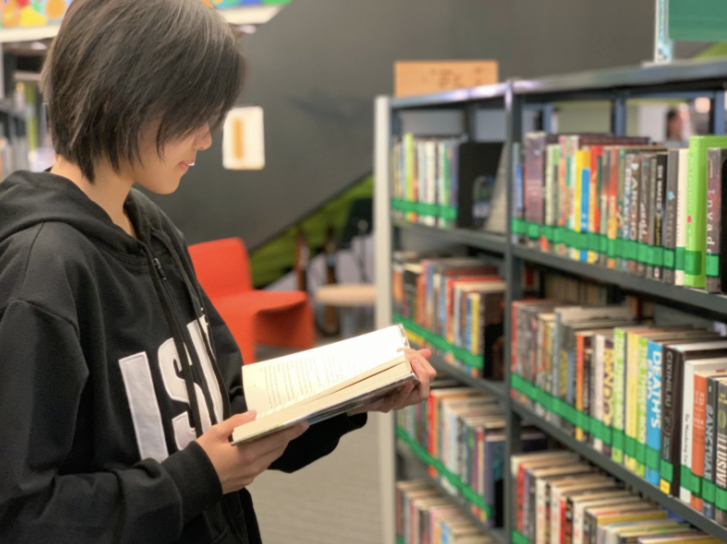Only a few more months before Sophomores begin their IB adventure. Our Seniors have shared their tips and advice and hopefully, these will help encourage a positive mindset as students embark on this 2-year journey.
 Go in with a positive attitude. Don’t think that just because it’s the IB diploma everything will be hard and stressful because that ends up making things worse than it actually is. Also, take good notes and have a good organization system throughout the 2 years because it will be really helpful at the end when you start studying for mocks and the final IB exams. Good time management is so important. While cramming an assignment and studying all in to one night is possible, we’ve all done it before, it makes the assignment a lot harder and adds a lot more stress.
Go in with a positive attitude. Don’t think that just because it’s the IB diploma everything will be hard and stressful because that ends up making things worse than it actually is. Also, take good notes and have a good organization system throughout the 2 years because it will be really helpful at the end when you start studying for mocks and the final IB exams. Good time management is so important. While cramming an assignment and studying all in to one night is possible, we’ve all done it before, it makes the assignment a lot harder and adds a lot more stress.
Before you choose classes, it would be very useful if you discuss with the teachers of the IB subjects about what that particular IB class will teach. This way, it will really help you understand what kinds of things you will be learning for the next two years. I haven’t taken the opportunity to talk to the teachers before I chose my classes, and it is my one regret. For example, I thought that IB Geography was about maps, so I immediately cut it out from my list. However, it turns out that Geography is about global issues and sustainability – things that I am personally interested in. So, go talk to those teachers! They’ll be so happy to explain their subjects to you.
You’ve probably heard that time management is huge in IB – and it is! How much stress you will face will 80% be dependent on how well you organize your time. I highly recommend you to use GOOGLE CALENDAR. My friends, it will change your lives. Making plans ahead might sound a bit restricting, but you only have to do it once and the schedule is there for a long time. I usually put time that I’m giving myself for getting home, shower, dinner, exercise, Netflix, and finally homework/study time AND brain break for each subject. You don’t always have to be tooo rigid with the schedule (although, it’ll help if you stick to it). Google calendar really helped me focus and procrastinate less, because every time the reminder dings, it reminds me of how much time I’ve already wasted.
Last spur of advice: Find your favorite coffee – it will be your bff. IB seems bad, but it really isn’t THAT bad until Senior year. Get EE done over the summer after Junior year – EE is not the worst thing that could happen to you. Remember that in the end, IB will be extremely worth it!!! Great things in life will make you suffer a little bit, but at least you know you will not suffer alone, AND that you will ultimately grow mentally, physically, and emotionally stronger. As they say, no pain, no gain. Good luck!
COURSES: Choose your courses for you. Don’t let peer pressure or your parents or what you think universities want overly influence you. It is much easier to do well in IB if you’re truly interested in the work you’re being asked to do. For example, you may think universities look down on Math Studies, therefore you tough it out in SL Math and have a C. I personally think it would be better to do Studies and devote your time to other classes you like (unless you want to major in engineering or physics or something that absolutely requires an understanding of math that Studies can’t give you). Another example is your science. Choose the science you know you like (or at least hate the least) – I almost went with chemistry because I thought it looked more impressive than biology, then I realized I like learning about the body and evolution more than chemical reactions and the periodic table.
STUDYING: Engage with your learning – if you want to remember information you learn and be able to recall it later, you must do more than just read from your textbook or look over your notes. Rewrite your notes, or explain it to your little brother, or create flashcards. Think of mnemonic devices or learn some memory techniques (such as the “memory palace” or the “one bun” technique) to memorize stages of meiosis for biology. The more you engage with information, and the more you process it, the better you will know it (I learned this in psychology – it’s backed by the Levels of Processing model of memory!) Other than that: know yourself – know the way you study best and know your weaknesses. Figure out whether handwritten or typed notes are better for you, figure out if you study best for your biology test using your textbook, or videos, or notes your teacher compiles, and stick to it. If your weakness is time management, own it, and try to work on it, but if you truly can’t beat it, then embrace it (interpret this however you want…)
One thing I wish someone told me before I started IB: If you’re a perfectionist, do not let fear of failure hold you back from starting a project or taking a test. For essays, I was often scared of writing a bad essay so I wouldn’t start it at all. I realized it’s better to type 500 words of absolute garbage to at least have a start so I can improve on it – to get myself “on a roll”, per se. For the EE, I had no idea what I wanted the structure to look like, but how would I know without writing a single word out of the 4000 I needed? I avoided writing for months, using the following excuse: “I don’t even have my outline, I can’t start!” But I realized I couldn’t continue like that, so I started on a 500 word section I was sure about. Then I wrote a few more sections I was sure about. Then the structure came to me organically. Creating work in the IB will be an organic process, so do not be scared to just begin, even if you don’t use it for your final draft.
Final words I want to end with: embrace IB! The two years ahead of you will be an intellectual adventure – you will grow so much intellectually, so have fun with it! You will want to complain, and complaining is fine, but don’t let negative thoughts (i.e. “I hate IB, it has made my life a living hell” – I dislike thinking in such a negative way) take over your experience. IB can be fun! Positive results begin with a positive mindset 🙂 Good luck, future juniors!
My advice would to be to make sure you dedicate enough time to your classes. It’s important to stay on top of school and not constantly be playing catch up. However, sleep and being social are both JUST as important! You need to try to balance your time (it takes time to get the hang of it) and stay healthy.
The main advice I have is to learn how the IB works. It’s weird at first, to be exposed to all these new-fangled command prompts and needed to write in the format of a “Paper 1” or a “Paper 2”. I remember struggling with that in my junior year, so I think the quicker you can start familiarizing yourself with the IB format and IB terminology, the smoother of a transition to the IB you’ll have.
Take classes that will cater towards your undergraduate major. The type of courses you take are crucial when it comes to college admissions, thus, take your time to select your program! Another advice is to create a timetable or a “to-do list” each day to make sure you’ve completed all the necessary tasks. This will help prevent procrastinating or missing out deadlines. Finally, relax! Yes, the IB is time consuming, but you can still manage to sleep early if you do not procrastinate. It will pass by in the blink of an eye, and I promise you, it will be worth it in the end!
Carissa Tan (10)












